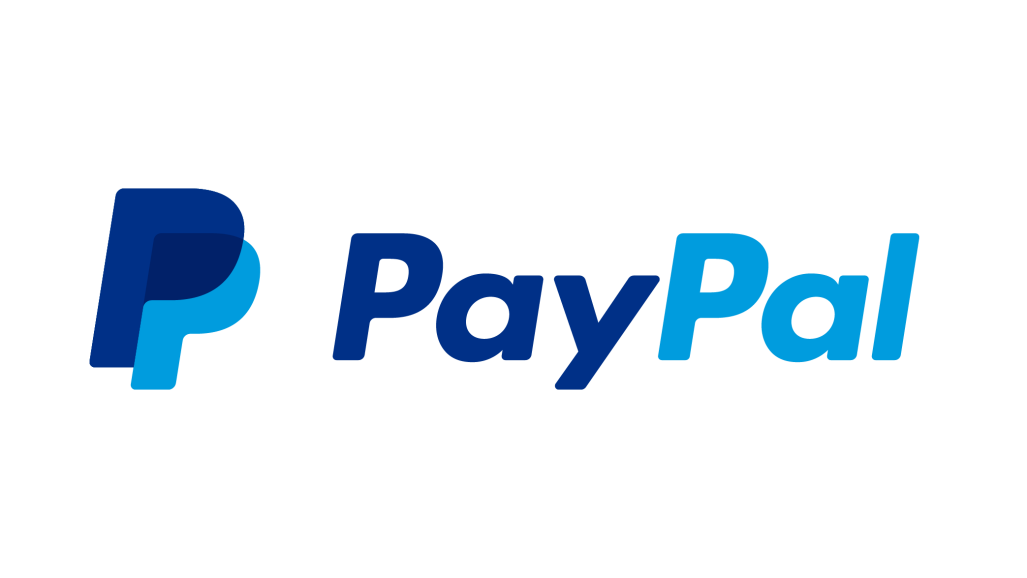How Landlords can Manage the Impact of COVID-19 on their Rental Income
Rental income could be a stable source of income; however, because of COVID-19 pandemic, it is not that reliable these days. According to the Apartment List, 31% of Americans were not able to pay the full rent payment in May 2020. As a landlord, you might be wondering how to handle the impact of the pandemic on your net rental profit and evaluate its impact on your real estate cap rate. As with other businesses and income sources, your net profit is the difference between your gross income and cost incurred while maintaining the property.
A pro tip to manage the impact of COVID-19 on your rental impact is to focus on what is within your control e.g. decreasing the cost associated with managing the property. This would mainly have to do with mortgage payments.
Now is also the time to pay keen attention to your gross rental income.
How to Spend Less on Mortgage Costs?
1. Remortgaging
The pandemic has had a peculiar effect on mortgage rates. Use this to your advantage! With the current low mortgage rates in North America remortgaging might be a good way to lower your mortgage expenses. For example, for a $500,000 mortgage, if you remortgage and bring down your mortgage rate by 20bp, you would save $1000/year.
2. Take Equity out of Your Home
If you are under financial pressure because of this pandemic, it might be smart to take equity out of your home to have enough capital to pass this crisis. Considering the low interest rates, taking capital out of your home is cheaper than ever either by refinancing or using the Home Equity Line of Credit.
How to Pay Keen Attention to Your Gross Rental Income?
1. Check the Quality of the Tenant
It has become super important to do a proper background check on tenants, so as to find reliable tenants. Many companies assist landlords in this period of crisis by offering fast Credit and Background Check Reports to vet potential tenants.
These reports are extremely informative and easy to read. A scan-through would give you current information on the credit history, social media details, and a comprehensive background check on potential tenants.
It is known that income is one of the strongest predictors of a tenant’s ability to pay rent, and it is recommended that you implement a 45% Max Rent/ Gross Income ratio for tenants. This reduces the risk of having tenants who are unable to afford rent payment.
2. Be Flexible with Your Tenants
Your tenant might have a good history of regular rent payment. What if COVID-19 has negatively affected your tenant’s income, or they’ve been laid off from work?
This is the time to be flexible, and try to reach an agreement with the tenant on what fraction of the rent can be paid now, and when normal payment can resume. Not only would you have built a cordial, respectful relationship with tenants this way, you would also have avoided sending out eviction orders and hence, save money, time and energy. You can use government support to balance your cost. Also many municipalities now have programs that allow property owners to ask for additional time to pay their property taxes without incurring late penalties or interest. For example, now Toronto property taxes can be paid up to six months later than their typical due dates by the homeowners in Toronto. Many municipalities in both the USA and Canada have some relief programs for the home owners.
3. Secure Your Rent with the Rent Guarantee Program
Regardless of how comprehensive your vetting process is, life can still happen. The best tenants may lose their jobs, go through a divorce or other life-changing occurrences. This might affect their ability to cover rent payments- and this is further worsened by the COVID-19 situation.
With some rental income insurance such as SingleKey’s Rent Guarantee Program, you wouldn’t need to worry about whether tenants make their rent payment on time, as the program guarantees rent payments for up to $60,000 of lost rent (or 12 months equivalent).
Landlords often face uncertainty with their rental units, but this doesn’t have to be so. If peace of mind and stress-free renting is important to you, both during this lockdown period and long after, the rent guarantee program is an excellent offer to jump on.
Conclusion
As a landlord, the potential reduction in your rental income might keep you up at night. Strategic solutions to this problem include remortgaging and taking equity out of your home; as well as proper vetting of any new tenant, flexibility with reliable tenants and securing your rental income via the Rent Guarantee Program. Taking these steps is sure to give you peace of mind and enable stress-free renting.





